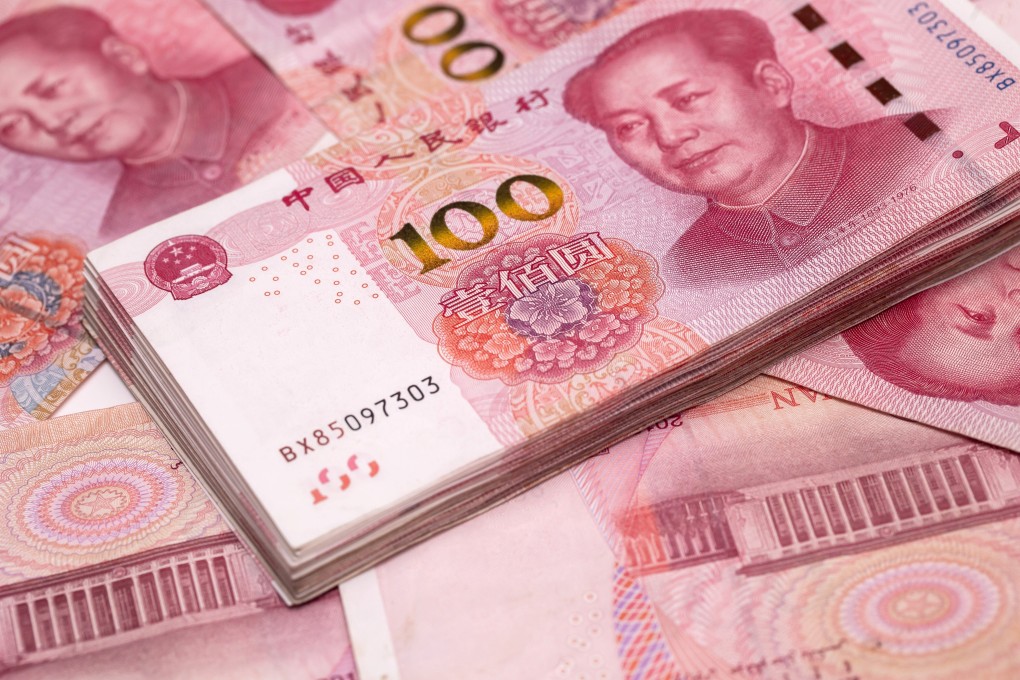China Briefing | Why it’s time for China to cut its 45 per cent income tax rate
- The top bracket, payable on monthly income over 80,000 yuan, or US$12,000, hinders efforts to expand the tax base, boost investment and attract global talent
- Shenzhen, Hainan and Beijing appear to have realised this. Perhaps it’s time the central government did too

A case in point is that over the past years, she has consistently and publicly pressed the Chinese government to reform its regressive and much maligned personal income tax regime by hiking the tax-free threshold so that most Chinese don’t have to pay income tax.

Dong is not alone. A number of influential Chinese tycoons including Xu Jiayin, chairman of Evergrande Group, a major property developer, and Cao Dewang, chairman of Fuyao Group, one of the world’s largest glass manufacturers, have made similar appeals around the time of the NPC’s annual sessions, when the public’s attention is on economic and livelihood issues. The NPC’s annual session this year is even more important as deputies are to review and approve the country’s next five-year plan, for 2021 to 2025, and its long-range objectives known as Vision 2035.
